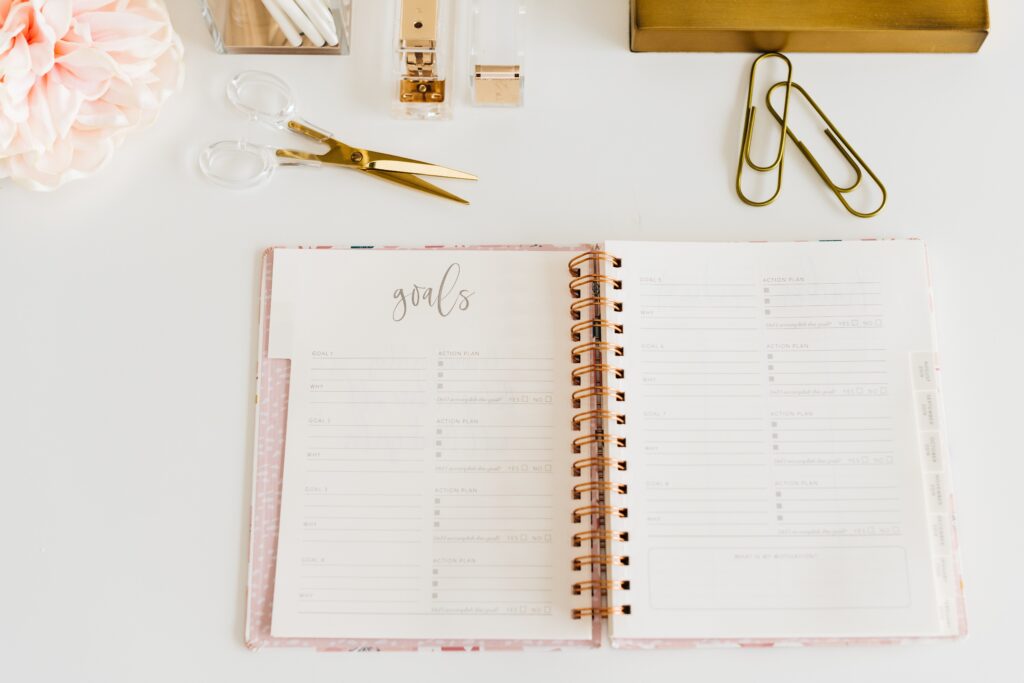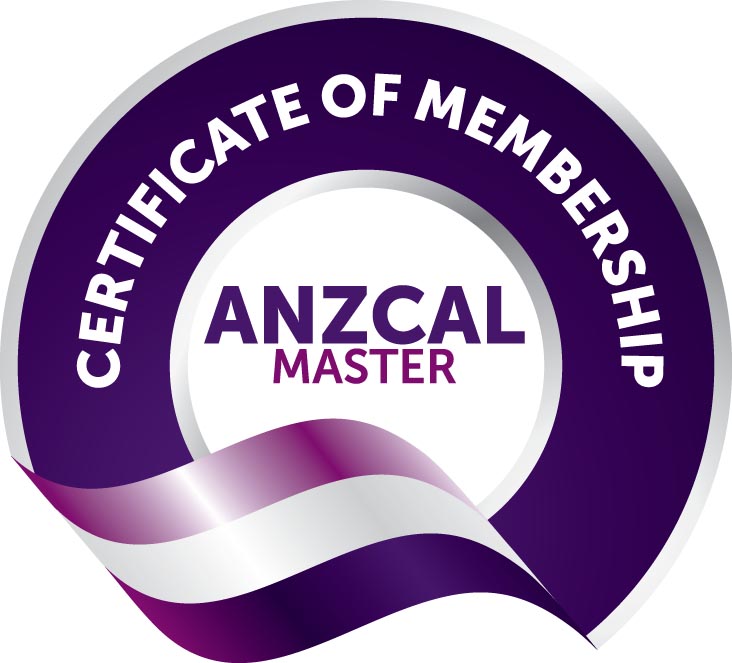 To engage in professional leadership and mentoring effectively, both mentors and mentees need to have:
To engage in professional leadership and mentoring effectively, both mentors and mentees need to have:
- a clear vision and purpose,
- a shared understanding of roles and expectations,
- a trusting and respectful climate,
- effective communication skills,
- adequate time and resources,
- and ongoing support and guidance.
Mentors and mentees also need to be:
- open to learning from others,
- willing to challenge their assumptions and practices,
- able to adapt to changing situations
- and committed to achieving positive outcomes for children.
Here are 4 strategies that can help both mentors and mentees to engage in professional leadership and mentoring are:
1. Establish a mentoring agreement:
A mentoring agreement is a document that outlines the goals, expectations, responsibilities and boundaries of the mentoring relationship. It can help both mentors and mentees to clarify their roles and expectations, to set SMART (specific, measurable, achievable, relevant, and time-bound) goals for themselves and for each other, and to create action plans for achieving them.
2. Schedule regular meetings:
Regular meetings are essential for maintaining and nurturing the mentoring relationship. They can help both mentors and mentees to communicate effectively, to share ideas, information, resources, and feedback, to monitor progress, to celebrate successes, and to address challenges.
3. Use different methods and tools:
Different methods and tools can enhance the quality and effectiveness of the mentoring process. They can include observation, modeling, coaching, questioning, reflection, documentation, research, etc. They can help both mentors and mentees to learn from each other’s experiences and challenges, to develop their knowledge and skills, to improve their practice, and to evaluate their outcomes.
4. Seek feedback and support:
Feedback and support are crucial for both mentors and mentees’ learning and development. They can include formal or informal feedback from each other, from peers, from leaders, or from external sources. They can also include support from mentors’, mentees’, or leaders’ networks or communities. They can help both mentors and mentees to recognize their strengths and areas for development, to seek or offer guidance or assistance when needed, to learn from others’ perspectives or experiences.
By engaging in professional leadership and mentoring, both mentors and mentees can enhance their own personal and professional growth and practice, improve learning outcomes for children and raise the quality of early childhood education.
© Gaynor Clarke, July 2023
Gaynor Clarke
B.Ed (Teaching), Cert Tertiary Teaching, PGDip Ed, MEd Leadership
Reach. Teach. Lead.
Reach Education Ltd
Teacher Leadership Mentoring and Life Coaching. Personal and Professional Development.
Gaynor is a teacher educator and mentor facilitating personal & professional leadership wellbeing outcomes for teachers.
If you are an early childhood teacher or leader looking to enhance your leadership skills, I would love to work with you. As a leadership mentor and coach, I specialize in helping early childhood educators develop their leadership potential and make a positive impact for the ākonga they serve. If you are interested in learning more about my leadership mentoring services, please visit my website or contact me directly to schedule a consultation. I would love to work with you!
References:
- Leadership | NAEYC. https://www.naeyc.org/resources/topics/leadership.
- Coaching | NAEYC. https://www.naeyc.org/resources/topics/coaching.
- The role of positional leaders in supporting professional learning. https://theeducationhub.org.nz/the-role-of-positional-leaders-in-supporting-professional-learning/.
- Mentoring: A Strategy to Support Novice Early Childhood Educators. https://www.researchgate.net/publication/345152216_Mentoring_A_Strategy_to_Support_Novice_Early_Childhood_Educators/fulltext/5fa05e88458515b7cfb53ffc/Mentoring-A-Strategy-to-Support-Novice-Early-Childhood-Educators.pdf.
- Mentoring for educators in early childhood – Gowrie NSW. https://www.gowriensw.com.au/thought-leadership/mentoring-for-educators-in-early-childhood.







Leave a Comment
You must be logged in to post a comment.